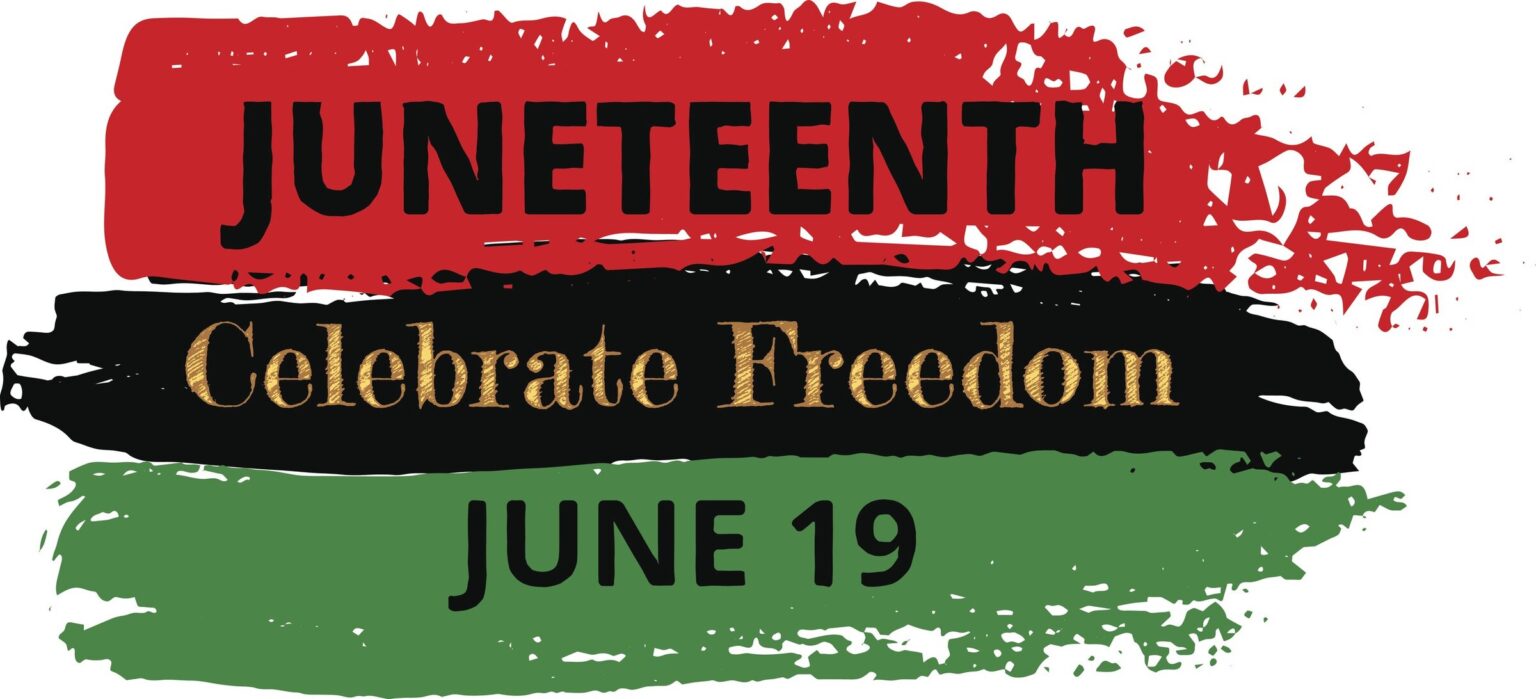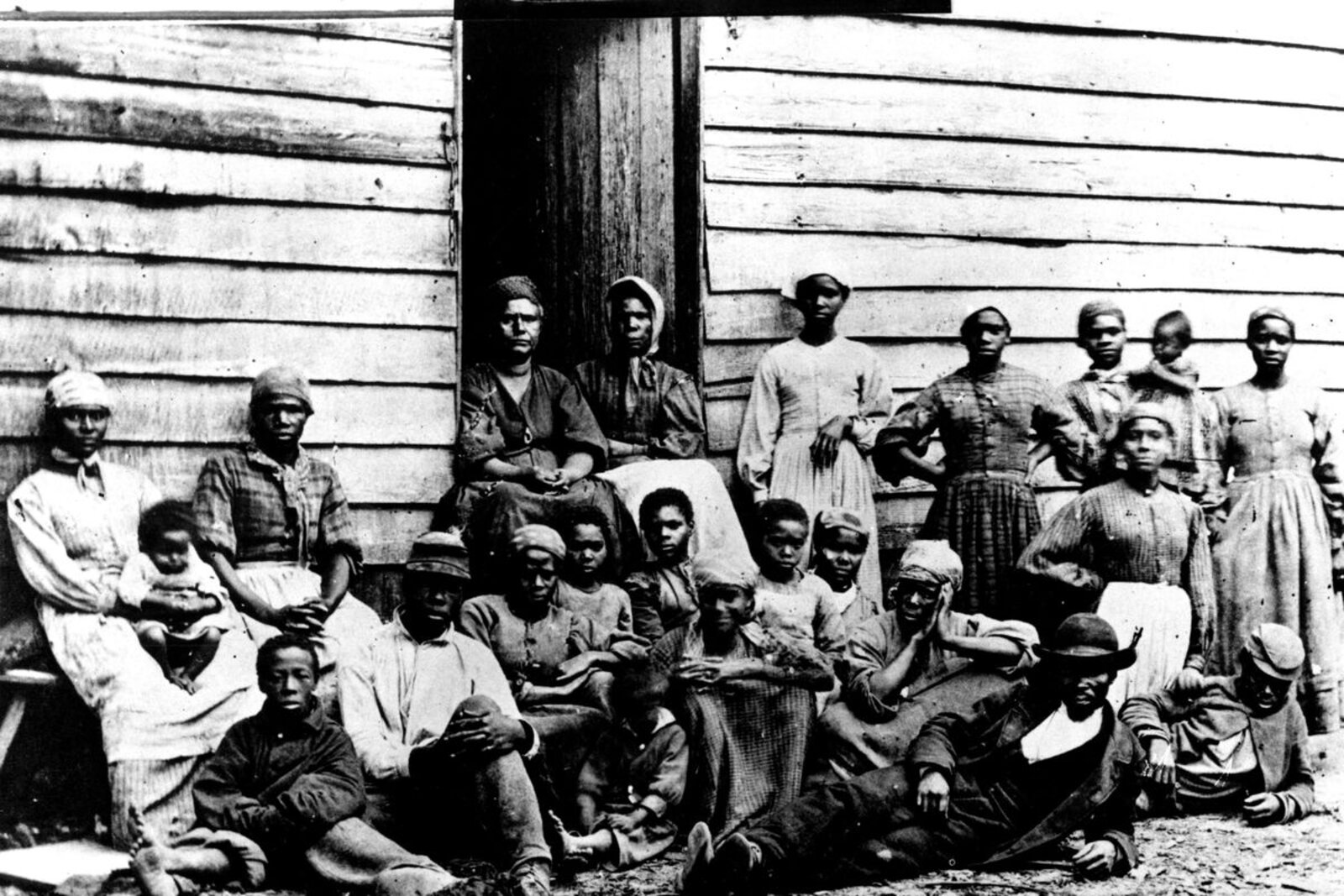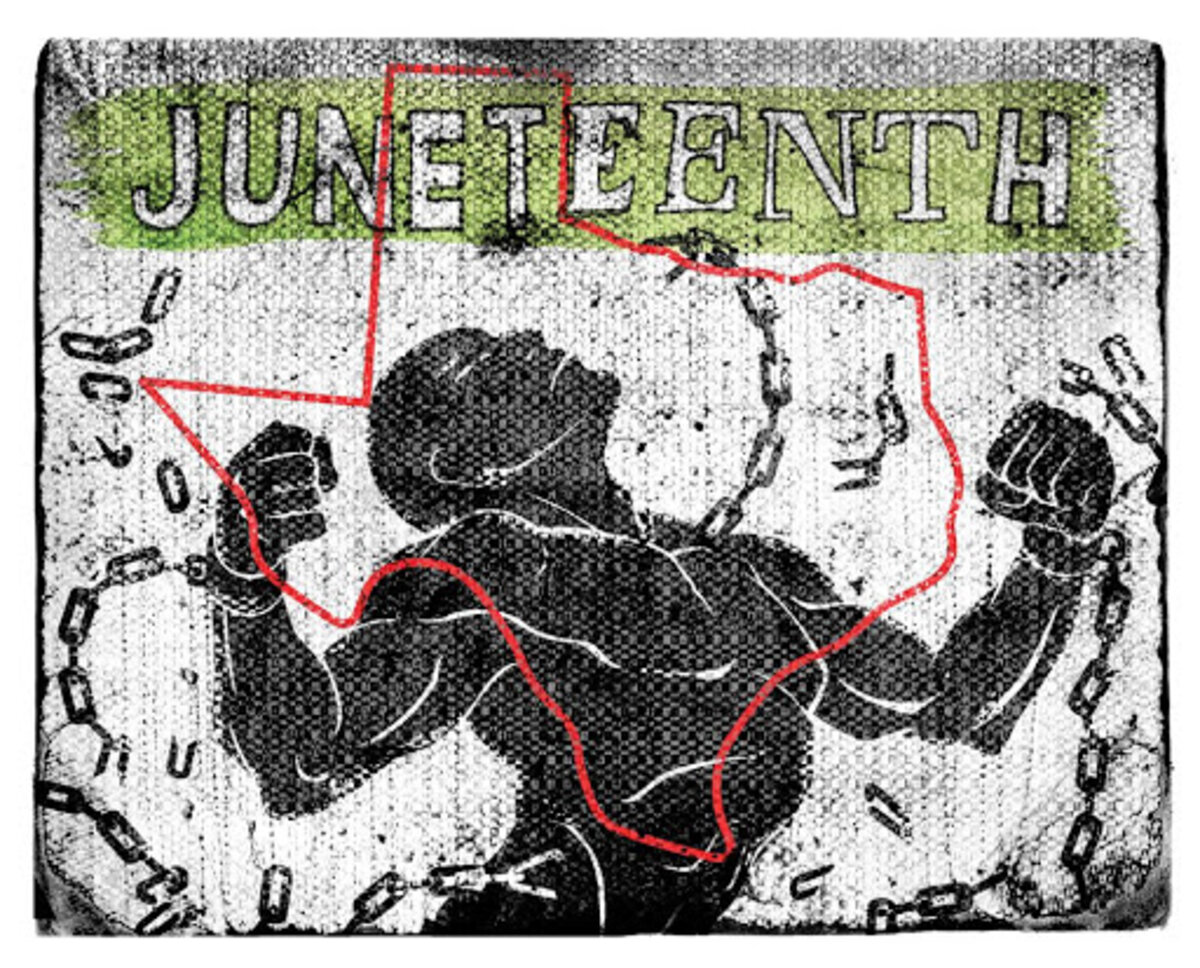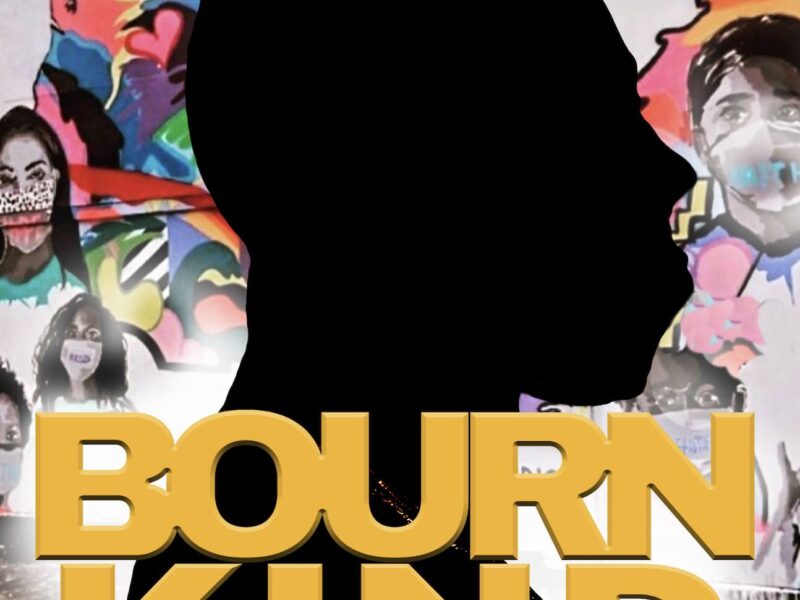
What exactly is Juneteenth and why is it so important to know about?
You may have heard some buzz recently about Juneteenth, also called “Freedom Day.” Juneteenth commemorates the day Texas slaves were informed of their freedom on June 19, 1865. Juneteenth is a holiday celebrated throughout 47 states – originating in Texas.
Recently, Texas Sen. John Cornyn announced that he will be introducing a bill to make Juneteenth a federal holiday which was rapidly passed by the Senate. This exciting news has come at a perfect time in history – honoring the liberation of African Americans with affirmation & observance.
It’s important to recognize Juneteenth, not just as another new federal holiday that could give you a day off, but as a significant movement in history that can bring joy & celebration in a time of great conflict. But what exactly is Juneteeth and why is it so important to learn more about it?

History & celebration of Juneteenth
On June 19th, 1865, Union soldiers arrived in Galveston, Texas and brought the news of Abraham Lincoln’s Emancipation Proclamation. Though Lincoln signed the document on January 1, 1863, nearly a quarter of a million slaves in Texas weren’t informed or freed for over two years.
Though the Emancipation Proclamation was crucial in the abolishment of slavery, the battle was far from over. Slavery still reigned in states like Maryland (because they weren’t a part of the Confederacy) and slaveowners often relocated to maintain ownership of slaves. Not to mention, succeeding ploys like sharecropping persisted to abuse the system, ingraining a pattern of systemic racism into America.
The Freedmen’s Bureau, a government agency established to support newly liberated slaves, officially declared Juneteenth as a day of commemoration. Smithsonian curator Mary Elliot explains how African Americans claimed independence during this time, saying, “During the Reconstruction period, African Americans were agents for change for their own lives during the nation’s transition.”

Today, on June 19th there are annual Juneteenth celebrations that include parades, beauty pageants, conversations, cook-outs, & caravans through the streets. Juneteenth is the perfect day to spend time engaging in conversations about slavery, race, and white supremacy. Additionally, this year many virtual Juneteenth events are planned to happen such as live concerts & museum galas.

Social relevance
As racial tensions have risen across America and protests against racism, economic disparities, & police brutality flourish, the history behind Juneteenth proves even more essential. Because this is a time when modern issues are being explored so intensely, Juneteenth serves as a day to focus on African-American history & victory over systemic strife.
American history has been criticized for portraying African Americans as passive in their struggles, waiting for a white savior. But recent protests demonstrate that this depiction is no longer acceptable. Elliot explains how Juneteenth reaffirms the importance of black agency, saying, “There’s something to be said about African Americans’ self-awareness and their sense of place in this nation.”
It’s wonderful that Juneteenth is becoming federally recognized because it’s keeping the recent wave of activism alive. For example, Aunt Jemima brand is retiring due to its roots in racist imagery, Confederate statues are being torn down, and Confederate flags are being more widely condemned.

Opal Lee’s mission
Opal Lee, an activist, schoolteacher, social worker, & author, has played an important role campaigning to declare Juneteenth a national holiday. Despite having faced traumatic violence against her family in the past, Lee has emerged stronger, ready to take on the world.
Lee has walked 2.5 miles each year in twenty cities across the country to raise awareness about Juneteenth as an essential African-American tradition. Despite COVID-19, Lee plans to carry forth her mission to spread knowledge about Juneteenth. She’s even written a children’s book about Juneteenth called Juneteenth a Children’s Story.
Shares her wisdom on the matter Lee says, “You gotta have some hope, because hopelessness wears you out, it drains you. And Juneteenth reminds me that even when there’s struggle, you can still have hope.”







